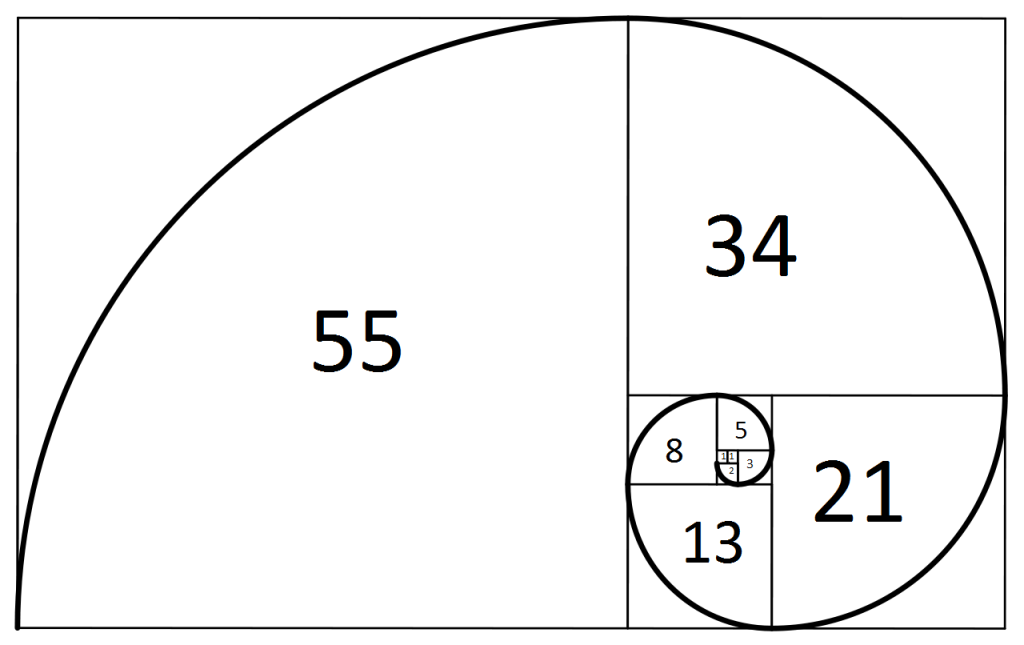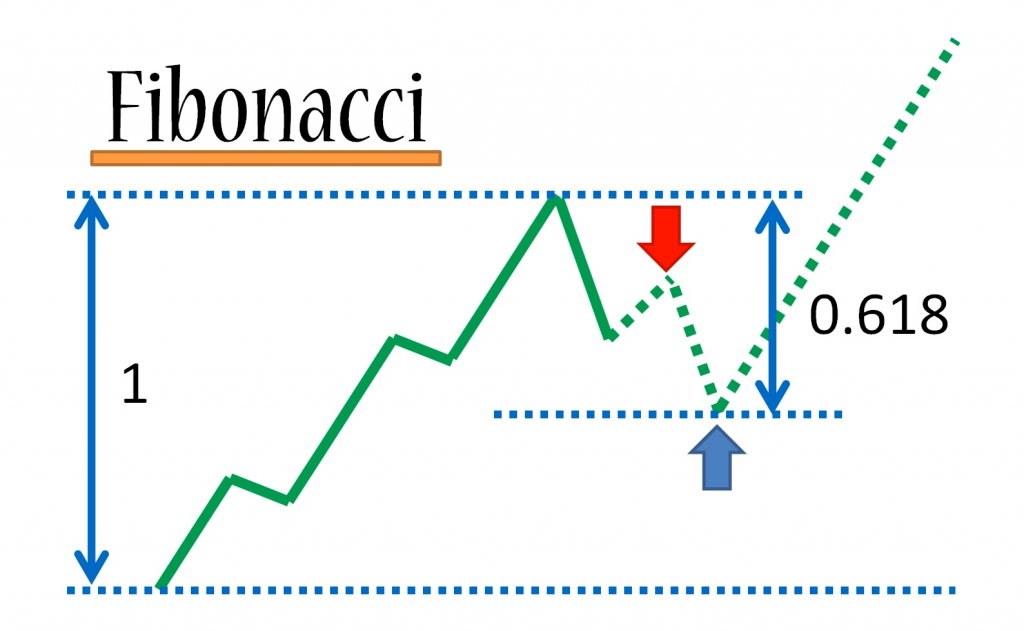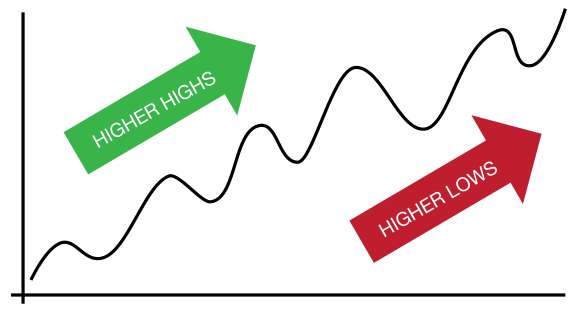The world of forex trading offers an array of opportunities for individuals seeking financial gain and market participation. Central to this endeavor is the role of brokers, who act as intermediaries between traders and the vast and often complex forex market. When it comes to brokers, traders have two primary options to consider: A-book brokers and B-book brokers. Understanding the distinctions between these two models is essential for making informed decisions that can significantly impact your trading experience and outcomes.
In this article, we’ll delve into the intricacies of A-Book and B-Book brokers, shedding light on their defining characteristics, advantages, and drawbacks. We’ll help you navigate the maze of forex trading by providing a comprehensive guide that empowers you to make the right choice. Whether you’re a newcomer to the forex market or a seasoned trader contemplating a change, this article will serve as your compass.
Quick Tips for the Eager Trader
Before we dive into the nitty-gritty details of A-Book and B-Book brokers, let’s start with some quick tips that can guide you in your journey to selecting the right broker for your forex trading needs:
1. Know Your Goals: Determine your trading goals and strategies. Are you looking for short-term gains or long-term investments? Different brokers may be better suited to various trading styles.
2. Risk Tolerance: Assess your risk tolerance. Are you comfortable with higher risks for potentially higher rewards, or do you prefer more conservative approaches?
3. Regulatory Compliance: Ensure the broker you choose is regulated by a recognized authority. This provides an additional layer of security and transparency.
4. Cost Analysis: Consider the overall costs associated with your trading activities, including spreads, commissions, and fees. These can significantly impact your profits.
5. Broker Reputation: Research the reputation of the broker. Look for reviews and testimonials from other traders to gauge their experiences and satisfaction.
With these quick tips in mind, let’s explore A-Book and B-Book brokers in greater detail.
The A-Book Broker Experience
Definition and Characteristics:
A-Book brokers, often referred to as “Straight Through Processing” (STP) or “Direct Market Access” (DMA) brokers, are known for their transparent and direct approach to connecting traders with the forex market. Here are some key characteristics:
- Direct Market Access (DMA): A-book brokers provide traders with direct access to the interbank forex market. This means your orders are executed directly in the market without any intermediaries.
- Straight-Through Processing (STP): A-Book brokers execute your orders without any dealer intervention. This results in faster order execution and minimal delays.
Advantages:
A-Book brokers come with several advantages that can be attractive to many traders:
1. Transparent Pricing: A-Book brokers offer transparent pricing with spreads that often reflect the actual market conditions. This transparency can be beneficial for traders looking to enter or exit positions at fair prices.
2. No Conflict of Interest: A-Book brokers do not have a vested interest in traders’ losses, as they pass the orders directly to the market. This eliminates any potential conflict of interest.
3. Favorable Spreads: Due to their direct market access, A-Book brokers can provide good spreads, especially during periods of high liquidity.
Challenges:
While A-Book brokers offer numerous advantages, they may not be the ideal choice for every trader due to the following challenges:
1. Higher Minimum Deposits: A-Book brokers often require higher initial deposits to open an account. This can be a barrier for traders with limited capital.
2. Limited Order Execution Options: These brokers may offer limited order types and execution options compared to B-Book brokers. If you have specific trading strategies, this limitation could be a drawback.
The B-Book Broker Experience
Definition and Characteristics
B-Book brokers operate on a different model known as “market-making” or “dealing desk.” Here are the critical characteristics of B-Book brokers:
- Market-Making: B-Book brokers often act as counterparties to their clients’ trades. They don’t pass orders to the market but handle them internally.
- Dealing Desk: B-Book brokers typically have dealing desks where they manage client orders. This means that your orders are not directly executed in the interbank market.
Advantages:
B-Book brokers have their own set of advantages that appeal to specific traders:
1. Lower Minimum Deposits: B-Book brokers often require lower initial deposits, making them accessible to a broader range of traders, including those with limited capital.
2. Broad Range of Order Types: These brokers usually offer a variety of order types, including stop-loss orders and limited orders, allowing for more flexibility in trading strategies.
3. Risk Management Options: B-Book brokers can offer risk management tools, such as guaranteed stop-loss orders, which can help protect traders from significant losses.
Challenges:
However, B-Book brokers also present their own set of challenges:
1. Potential Conflict of Interest: Since B-Book brokers act as counterparties to your trades, there’s a potential conflict of interest. They may benefit from your losses, which can lead to concerns about fair execution.
2. Spread Manipulation: B-Book brokers may widen spreads or introduce slippage during periods of high market volatility, potentially affecting your profitability.
3. Requotes and Slippage: Traders using B-Book brokers may experience requotes or slippage, which can impact order execution and results.
Critical Differences Between A-Book and B-Book Brokers
Let’s summarize the essential distinctions between A-Book and B-Book brokers:
| Aspect | A-Book Brokers | B-Book Brokers |
| Order Execution Process | Direct market access, no dealer intervention | Market-making, potential dealer intervention |
| Broker-Client Relationship | No conflict of interest | Potential conflict of interest |
| Pricing and Spreads | Transparent, often reflective of real market | May involve spread manipulation |
| Risk Management and Exposure | Minimal risk to broker, direct market risk | Higher risk to broker, potential market risk |
Risk Management and Exposure: Minimal risk to broker, direct market risk, Higher risk to broker, potential market risk
Factors to Consider When Choosing a Broker
Now that you understand the differences between A-Book and B-Book brokers, it’s crucial to consider the following factors when selecting a broker:
1. Trading Goals and Strategies: Your trading style, goals, and strategies will influence your choice. A-book brokers may be more suitable for long-term investors, while B-book brokers can cater to a variety of trading styles.
2. Risk Tolerance: Assess your risk tolerance and whether you are comfortable with potential conflicts of interest. A-book brokers might be more suitable for risk-averse traders.
3. Regulatory Compliance: Verify that a recognized authority regulates your chosen broker. Regulation adds a layer of security and accountability to your trading activities.
4. Broker Reputation: Research the reputation and track record of the broker. Online reviews and testimonials from other traders can provide valuable insights into their performance.
5. Trading Costs and Fees: Analyze the overall costs associated with trading with a specific broker, including spreads, commissions, and any hidden fees.
Case Studies: Real-Life Examples
To illustrate the practical implications of choosing between A-Book and B-Book brokers, let’s examine two case studies:
Case Study 1: A Book Broker Success Story
John, a conservative long-term investor, chose an A-Book broker for his forex trading activities. He appreciated the transparent pricing and the absence of a conflict of interest. Over time, he steadily grew his investment portfolio, experiencing minimal disruptions in his trading. John’s experience serves as a success story for A-Book brokers, showing that they can be an excellent choice for traders with a lower risk appetite.
Case Study 2: B-Book Broker Cautionary Tale
Susan, an active day trader with limited initial capital, opted for a B-Book broker due to the lower minimum deposit requirement. While she enjoyed access to various order types and risk management tools, she encountered occasional spread manipulation during volatile market conditions. This impacted on her profitability and led to a degree of frustration. Susan’s experience serves as a cautionary tale, emphasizing the potential challenges associated with B-Book brokers, particularly for short-term, high-frequency traders.
Things You Can Purchase with Prices – A-Book Brokers vs. B-Book Brokers
Now, let’s explore some key considerations when it comes to the costs associated with trading through A-Book and B-Book brokers:
| Expense/Consideration | A-Book Brokers | B-Book Brokers |
| Minimum Deposit | Typically higher, e.g., $500 to $5,000 | Typically lower, e.g., $10 to $100 |
| Spreads and Commissions | Competitive spreads, e.g., EUR/USD spread as low as 0.1 pips | Variable spreads, e.g., EUR/USD spread may widen during volatility |
| Order Execution Speed | High-speed execution with minimal delays | Execution speed can vary, may experience slippage |
| Order Types | Limited order types, e.g., market and limit orders | Broad range of order types, including stop-loss and limit orders |
| Risk Management Tools | Limited risk management tools | Advanced risk management tools, e.g., guaranteed stop-loss orders |
Please note that the costs mentioned are approximate and can vary depending on the broker and market conditions. It’s essential to thoroughly research and compare brokers to determine the specific costs associated with your chosen broker.
Choosing between A-Book and B-Book brokers is a critical decision that can significantly impact your forex trading journey. By understanding the defining characteristics, advantages, and drawbacks of each type, you can align your choice with your trading goals and risk tolerance. Remember to assess regulatory compliance, consider broker reputation, and analyze trading costs before making your final decision.
Ultimately, there’s no one-size-fits-all answer. Your choice should be tailored to your unique trading style and objectives. With this knowledge, you can confidently navigate the world of forex trading and select the broker that best suits your needs.




